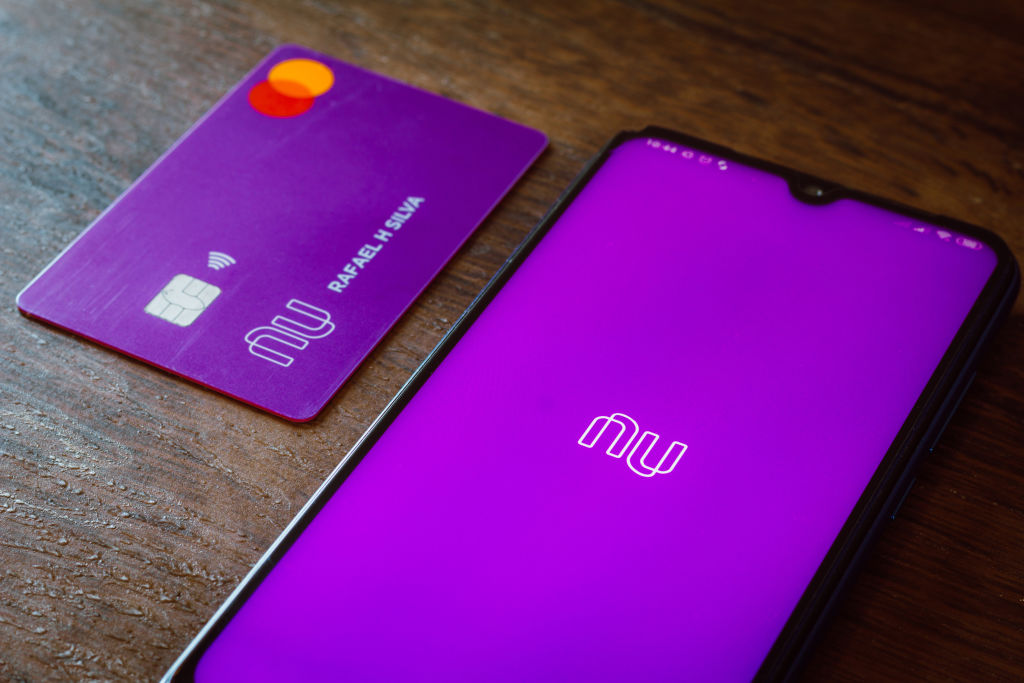The popularity of ‘virtual banks’ is on the rise across the Asia Pacific, and especially Thailand, where the adoption of new financial tech tends to moves at breakneck speed.
Banking virtually, also known as ‘neobanking’, ais just like regular banking except it don’t have a physical location. They exist entirely ‘in the cloud’ and offer a number of substantial cost-saving advantages to both the owners of the banks and the clientele that sign up to them.
The Bank of Thailand to allow for digital banks by 2025
The most recent move in the world of entirely online banking came over the weekend when Thailand’s Central Bank unveiled its plans to allow virtual banking to operate in the country for the very first time. According to a report from Bloomberg, financial firms in Thailand will be able to start providing entirely digital services by 2025.
The ‘Consultation Paper on Virtual Bank Licensing Framework’ published by Thailand’s central bank says that the applications for banks looking to go fully virtual will become available later this year, and will officially allow for these new virtual institutions to act as legally certified financial service providers.
The decision comes as Thailand hones in its focus on increasing competition and boosting economic growth as it looks to its neighbours in the Asia Pacific region.
Thailand isn’t alone in its step to integrate more banking virtually, with China, Brazil, the US and the UK all witnessing a rapid uptake of virtual banking as consumers become more comfortable with the idea of entirely digital spending.
The global rise of virtual banking can’t be ignored
For those still harbouring some scepticism about the idea of an entirely online bank, just take a look at Brazil’s ‘NuBank‘, which recently received backing from Warren Buffet’s typically tech-agnostic investment firm Berkshire Hathaway. NuBank is currently valued at a whopping US$45 billion — making it the second-most valuable virtual bank in the world — and has more than 65 million users.

While NuBank witnesses rapid uptake in Brazil, the world’s number one neobank is China’s ‘WeBank’, which was founded in 2014 by tech colossus Tencent, investment firm Baiyeyuan and a number of other major Chinese companies.
This bank is tightly integrated with Tencent’s sibling social media mobile payment app WeChat, and currently services more than 200 million retail customers and roughly 1.3 million small to medium-sized business. According to a report from The Asian Banker, WeBank is the largest virtual bank in the world with its total assets adding up US$69 billion.
What are the advantages of a virtual bank?
A major advantage that digital banks have over their traditional counterparts is that by operating entirely in the digital world, they save massively on time, energy, and all of the costs associated with running a brick and mortar operation.
Now, just because some big banks like Commonwealth, Westpac or ANZ offer ‘online’ banking doesn’t actually make them officially virtual banks. What separates a virtual bank from other online banks is that they literally do not have a physical location anywhere in the world and can only be accessed via a device of some kind.
So why are users opting in growing number for virtual banks?
Well, there’s a few reasons. Because banking virtually doesn’t have the same overhead costs, clients expect to receive higher interest rates and have greater control of their funds. Another benefit with banking virtually is that typically the user experience of the apps are better than traditional banks and money can be sent more quickly to fellow digital bank users.
Neobanks in Australia and the Asia Pacific
In Australia, there are growing a number of neobanks which offer entirely digital services and don’t have anything in the way of a physical location. Up, Revolut and Douugh, are all examples of neobanks available to users in Australia that don’t have a single physical location anywhere in the world.
While the rise of neobanks across the Asia Pacific is already boosting financial inclusion and providing higher levels of access to banking services, regulators need to start taking take extra steps to make sure their consumer data is protected, says a new report from the Bank for International Settlements.





